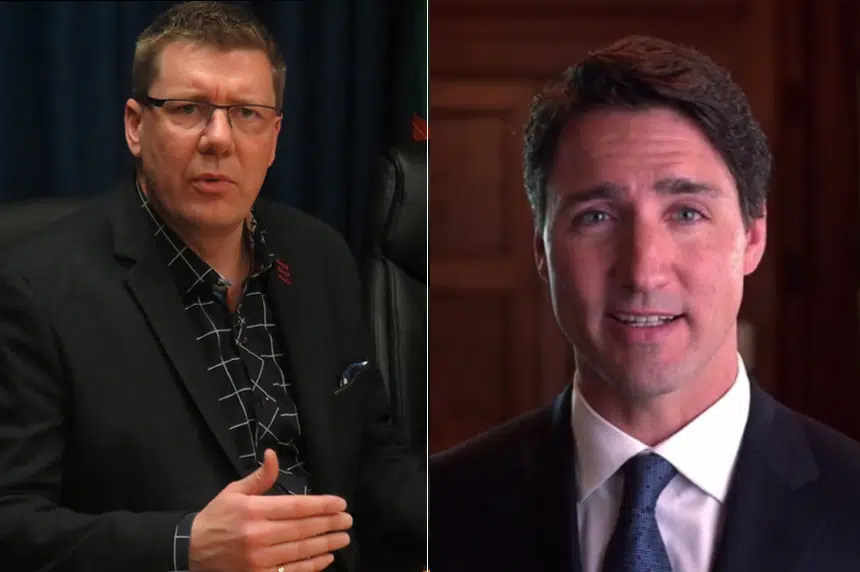With the province’s carbon tax court challenge beginning Wednesday, a University of Saskatchewan law professor says it might be worth tuning in to a live stream that will be broadcast from the courtroom.
“That doesn’t mean that it’s going to be scintillating viewing and easily understood in every instance,” Professor Dwight Newman said Tuesday on Gormley.
“But people might find it interesting to watch,” he added. “But there will be very technical things discussed at moments within that; legal tests that are put, that’s the kind of thing that goes on in this sort of case.”
Newman, a Canada research chair in Indigenous rights in constitutional and international Law, said while the case will include highly technical arguments, it still boils down to an argument over the division of powers between provinces and Ottawa.
“Saskatchewan is arguing, really, based on federalism principles and the basic idea of what federalism means and the idea that the federal government shouldn’t be coercing particular provinces,” Newman said.
He said it was interesting the federal government’s case was not centred on arguments around Ottawa’s powers of taxation. Rather, he said the federal case was pinned to what’s known as the “national concern” branch of constitutional law.
“It basically says that something that can’t be regulated by the provinces can sometimes be recoginized as ‘moving up’ to the federal level, in essence,” Newman said.
Newman said national concern is a somewhat rare argument, but may have been Ottawa’s best choice since the federal government technically doesn’t call pricing carbon emissions a tax.
“They might actually have an easier time at the federal level if they came out and said ‘it’s a tax’ and then argued on the tests on that,”he said.
However, he said that argument might not play as well in the court of public opinion.
“Politically, they would have a tougher time if they admitted it’s a tax. So I actually wonder if their lawyers were constrained in the legal arguments they could make.”
The court case will be heard by Saskatchewan’s Court of Appeal Wednesday and Thursday in Regina.











